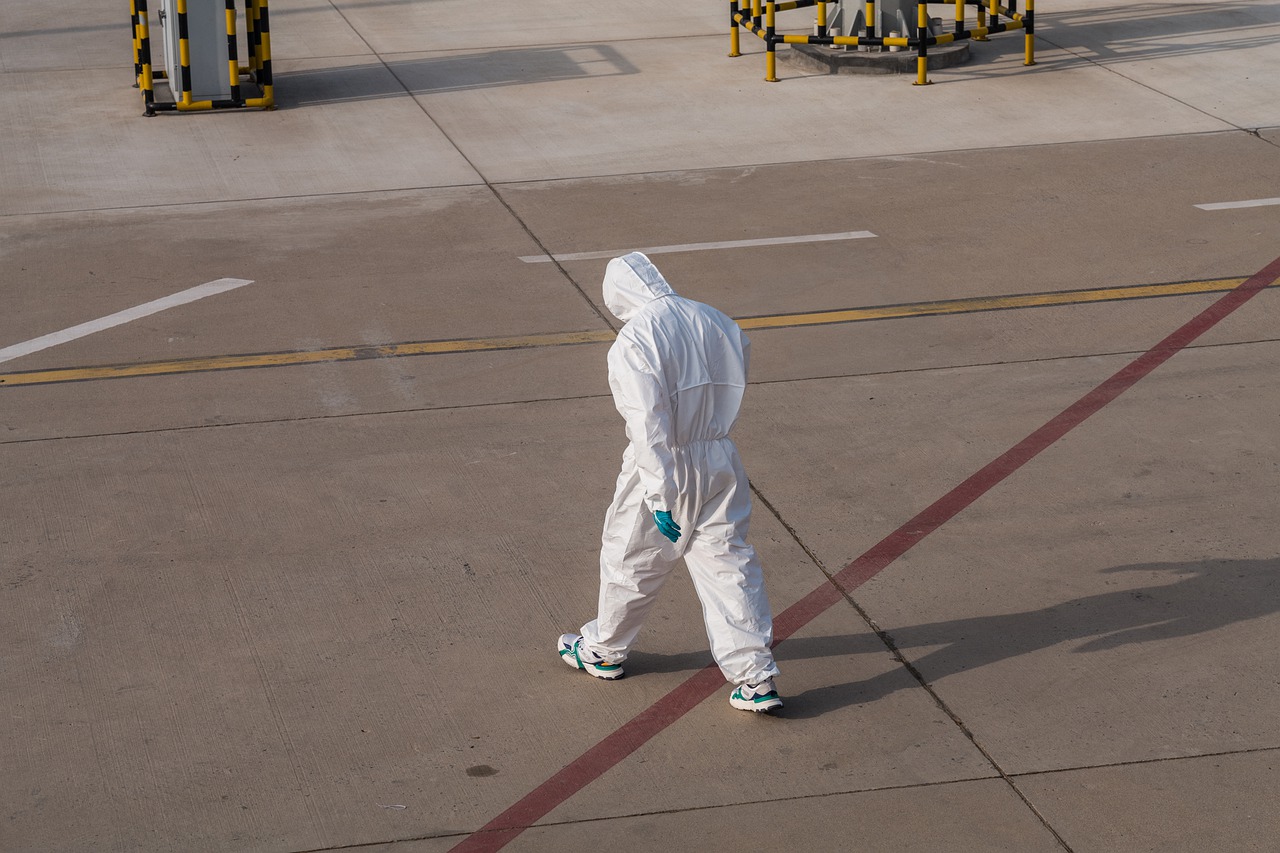As the country and the rest of the world continue to ramp up their COVID-19 vaccination efforts, Dr Janan Dietrich, a post-doctoral fellow within the SAMRC’s Health Systems Research, is leading a study investigating vaccine hesitancy amongst healthcare workers in South Africa.
Alongside her co-Principal Investigator, Dr Fiona Scorgie from Wits Reproductive Health and HIV Institute (Wits RHI), Dr Dietrich was awarded a grant for this study by the Wits African Leadership in Vaccinology Expertise (ALIVE). Earlier this year, ALIVE and the University Research Committee awarded funding to three COVID-19 vaccine-related projects in virology, human genetics, and public health respectively.
Primarily, the two will explore knowledge and acceptability of Covid-19 vaccines among healthcare workers – both as recipients and providers of the vaccine – and to develop a novel method for addressing vaccine hesitancy in this population using artificial intelligence (AI) technology. The study, which is expected to run till October 2022, combines multinational and complementary expertise across the social sciences, clinical trial expertise, digital health, AI, and biostatistics.
In 2019, even before the COVID-19 pandemic, the World Health Organization (WHO) identified vaccine hesitancy as one of the top 10 threats to global health. Now, evidence is emerging globally of vaccine hesitancy in relation to newly developed COVID-19 vaccines. Vaccine hesitancy has the potential to undermine vaccination efforts to bring the pandemic under control in South Africa.
The SAMRC played a key role in initiating the national rollout of COVID-19 vaccination in South Africa through an implementation study known as Sisonke which enabled government to make the Ad26.COV2.S COVID-19 vaccine (JnJ vaccine) immediately available to healthcare workers using a research programme. As part of the initial phase of the national vaccine programme, close to 500 000 healthcare workers were vaccinated through this programme at over 93 vaccination sites nationwide. This was necessary to maintain a healthy work force to deal with the predicted third wave of COVID-19 infections and admissions.
According to Dr Dietrich who is a research psychologist with experience in HIV vaccine research and digital health, healthcare workers are likely to be key in promoting vaccination amongst the public and countering misinformation about the vaccine but ads that the attitudes of South African healthcare workers to COVID-19 vaccination have yet to be studied.
On how these attitudes will be studied, Dr Dietrich says data will be collected through a quantitative online survey, qualitative interviews, and a review of online vaccine sentiments. Categorised according to belief awareness; perceptions of vaccines; vaccine safety; and disease outbreaks, these data will inform the development of a targeted, vaccine-specific chat-bot to address vaccine hesitancy.
“We have received ethics approval and hope to send out the survey to healthcare workers within the next two weeks – survey results are expected to be released by January 2022 while the in-depth interview results will be available in October the same year. Local online data will also be accessed with assistance from the Vaccine Confidence Project full-text media archive, and historical and real-time anonymized Google, Twitter and Facebook data via the Meltwater Social Media Monitoring platform,” says Dietrich who is an Associate Professor and Director of the Biobehavioural Research Centre in the Perinatal HIV Research Unit (PHRU), a close associate organisation of the SAMRC.
“We envisage that the online chat-bot will address vaccine hesitancy by providing accurate, transparent information to healthcare workers and to members of the public.”

